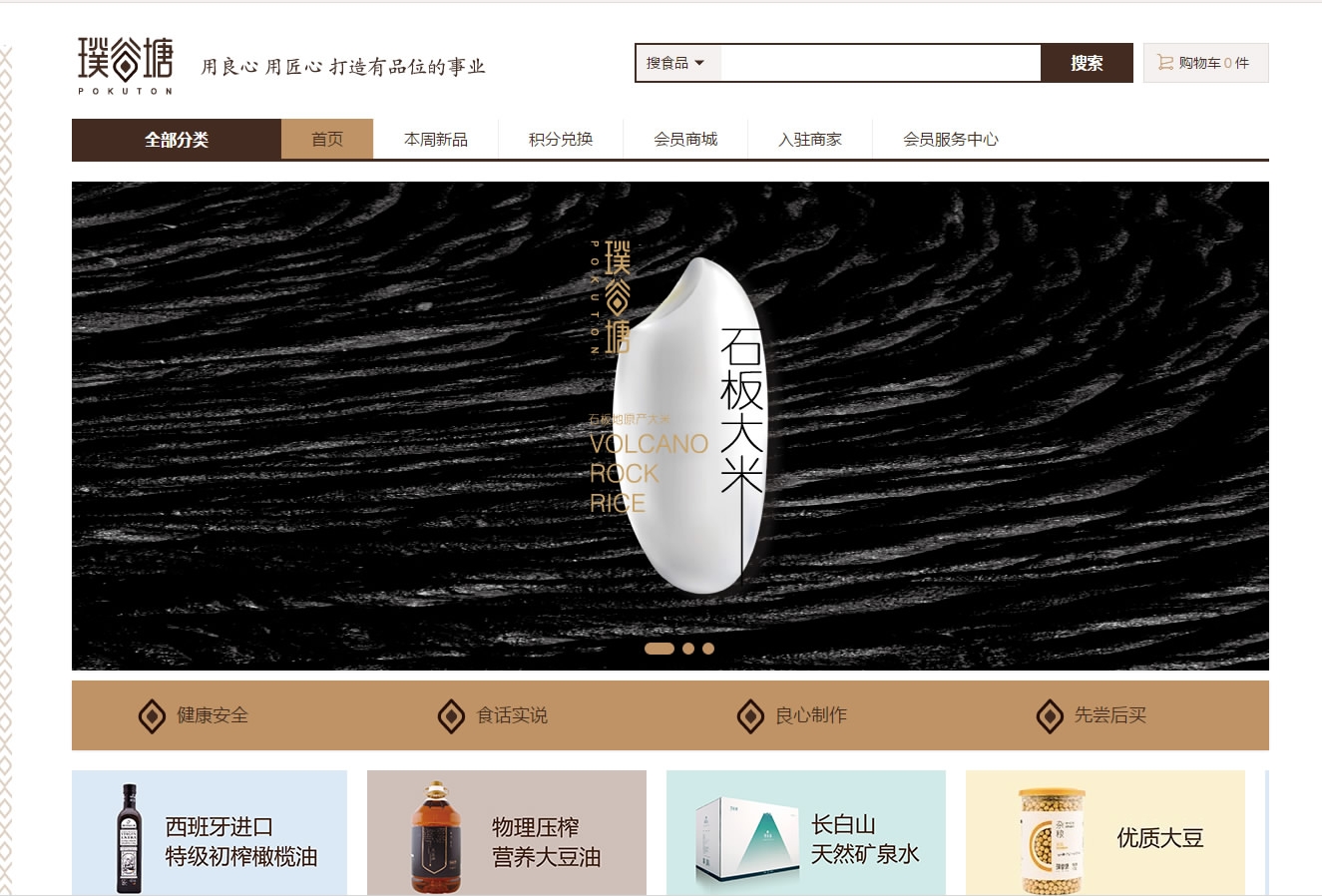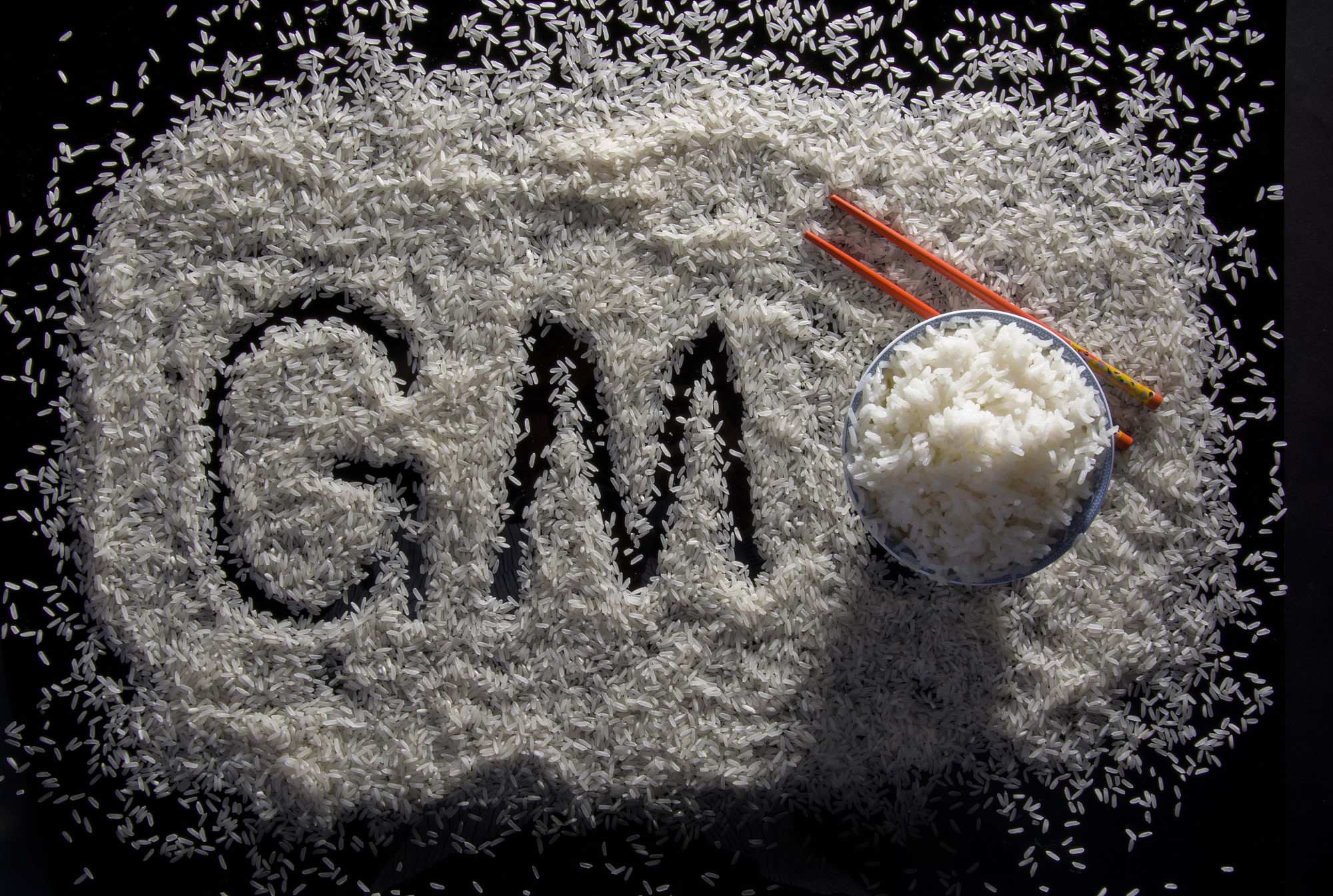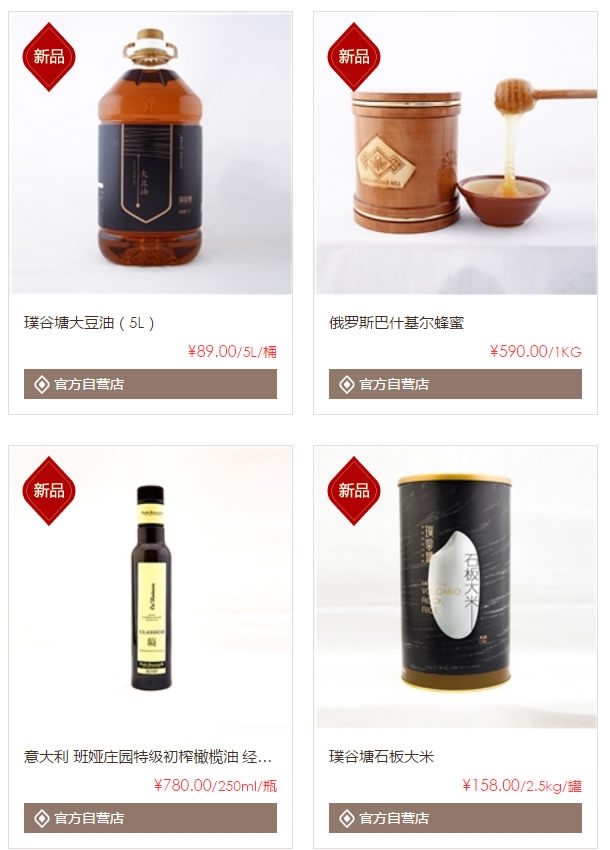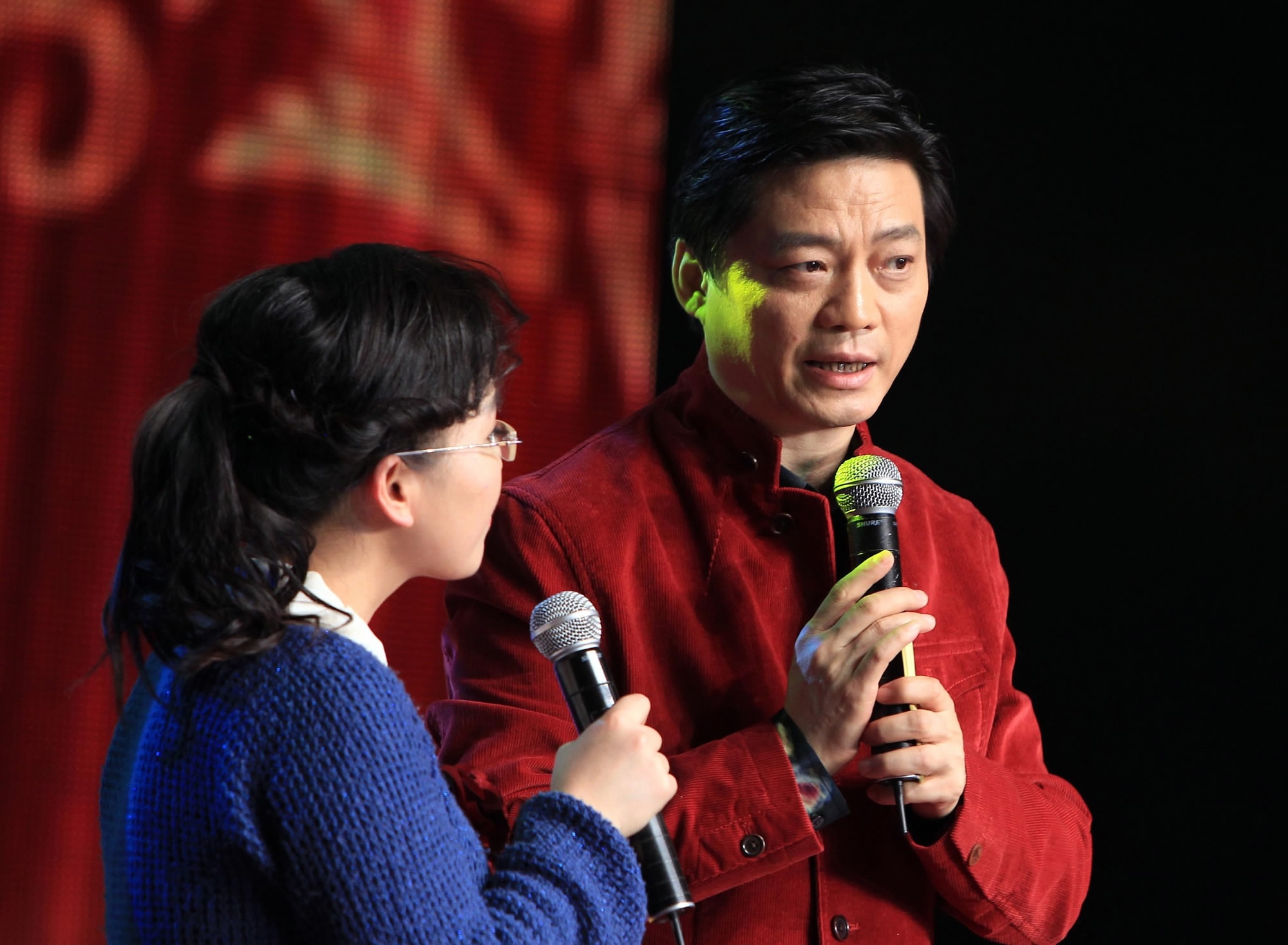Former CCTV host Cui Yongyuan, who firmly stands against genetically modified (GM) food, recently launched an online platform selling organic food.
The website, Pokuton, is currently operating on a trial basis, featuring 36 products including grain, beverages, seasonings, milk product, fruits and vegetables, fish, meat, and eggs.

Screenshot of the website of Pokuton
As numerous food scandals have been reported nationwide during the past few years, food security has been the concern of many Chinese people. The website claims to provide safe and healthy food, and quality certificates to each product is available online. But according to a report from Beijing Youth Daily, only one of the items is branded as non GM food, and the analysis standard is not higher than national regulations.

CFP Photo
However, the average prices of the products on Pokuton are much higher than regular ones. For example, a 250 ml bottle of olive oil is priced at 780 yuan (about 113 US dollars), while the highest price of the same volume of olive oil on JD.com, one of China’s largest e-commerce website, is 176 yuan (about 25 US dollars), and the cheapest is merely 13.5 yuan (about two dollars).

Screenshot of the items on Pokuton
Chinese food industry commentator Zhu Danpeng said the high price is the result of the branding of Cui Yongyuan himself, as well as the product itself, because if they sell well, the individual and the product will enjoy a win-win situation.
Cui Yongyuan used to be a popular talk show host at China’s state media organization, CCTV. After leaving the post in 2013, he has become a non GM food advocate, who provided one million yuan (about 150,000 US dollars) to film a documentary in the US to expose potential health risks of GM food. He later publicly debated and exchanged war of words with China’s influential biochemist Fang Zhouzi on whether to eat or not to eat GM food.

Former CCTV host Cui Yongyuan/ CFP Photo
To feed world’s population, GM crops are grown for commercial use on 170 million hectares worldwide for more than two decades. China is a big importer of GM corn and soybeans, but Chinese authorities are taking prudent steps in marketing procedures although it encourages GM food research.









